The Tkarihwaié:ri Code of Ethical Conduct on Respect for the Cultural and Intellectual Heritage of Indigenous and Local Communities Relevant for the Conservation and Sustainable Use of Biological Diversity was adopted by the COP to the Convention on Biological Diversity at its tenth meeting, in October 2010, in response to recommendations arising from the UNPFII, taking into account task 16 of the Programme of Work on Article 8(j) and related provisions.
The Code was named by a Mohawk term meaning “the proper way”, so as to emphasize the ethical standards embodied in this instrument, and it is intended to be used together with other guidelines, principles and standards, including the Akwé:Kon Voluntary Guidelines.
It provides a collaborative framework aimed at the effective participation and prior informed consent (PIC) or involvement and approval of indigenous and local communities in activities, including research proposed, on their knowledge, territories and related resources.
The Code of Ethical Conduct is a non-binding, voluntary instrument, intended to provide guidance in activities/interactions with indigenous and local communities and for the development of local, national, or regional codes of ethical conduct, with the aim of promoting respect, preservation and maintenance of traditional knowledge, innovations and practices relevant for the conservation and sustainable use of biodiversity.
It promotes the respect for the cultural and intellectual heritage of indigenous and local communities relevant for the conservation and sustainable use of biodiversity, and it gives a contribution to the achievement of the objectives of Article 8(j) of the CBD and its Plan of Action for the retention and use of traditional knowledge, innovations and practices of indigenous and local communities.
The Code indicates some ethical principles intended to be followed in the activities/interactions with indigenous and local communities:
- Respect for existing settlements;
- Intellectual property;
- Non-discrimination;
- Transparency/full disclosure;
- Prior informed consent and/or approval and involvement;
- Inter-cultural respect;
- Safeguarding collective or individual ownership;
- Fair and equitable sharing of benefits;
- Protection;
- Precautionary approach.
The Code also adds some specific considerations regarding:
- Recognition of sacred sites, culturally significant sites and lands and waters traditionally occupied or used by indigenous and local communities;
- Access to traditional resources;
- Not being arbitrarily removed and relocated;
- Traditional guardianship/custodianship;
- Recognition of indigenous and local community social structures -Extended families, communities and indigenous nations;
- Restitution and/or compensation;
- Repatriation;
- Peaceful relations;
- Supporting research initiatives of indigenous and local communities.
The Code of Ethical Conduct indicates the methods to be used in the negotiations with indigenous and local communities, which should be based on the principle of good faith.
The decisions which may affect these communities should be developed and elaborated in ways that ensure their empowerment and effective participation, with particular attention toward the participation of women at all levels.
The Code stresses the “crucial importance” of the indigenous and local communities’ participation in activities/interactions related to biodiversity and conservation that may impact them, and the respect for the decision-making processes and timing.
The Code acknowledges the restriction that indigenous and local communities may oppose to the access to their TK for legitimate circumstances and affirms the principle of confidentiality in the disclosure of information imparted by these communities, with special regard to sacred and/or secret pieces of information.
Pieces of information obtained in the activities or interactions with indigenous and local communities should be shared with them in understandable and culturally appropriate formats, as to promote “inter-cultural exchanges, knowledge and technology transfer, synergies and complementarity” according to the principle of reciprocity.
Credits:
DECISION ADOPTED BY THE CONFERENCE OF THE PARTIES TO THE CONVENTION ON BIOLOGICAL DIVERSITY AT ITS TENTH MEETING X/42. The Tkarihwaié:ri Code of Ethical Conduct to Ensure Respect for the Cultural and Intellectual Heritage of Indigenous and Local Communities
Photo credit: Baron Reznik on Visualhunt.com / CC BY-NC-SA
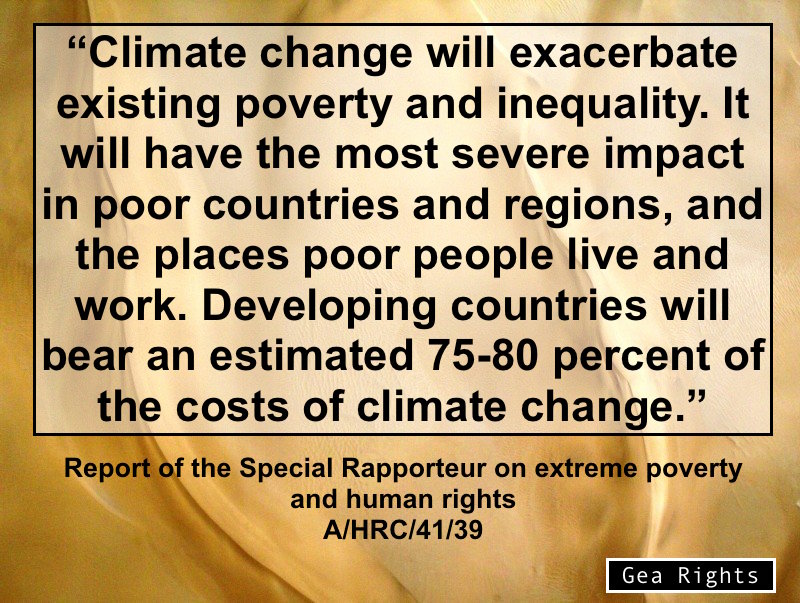
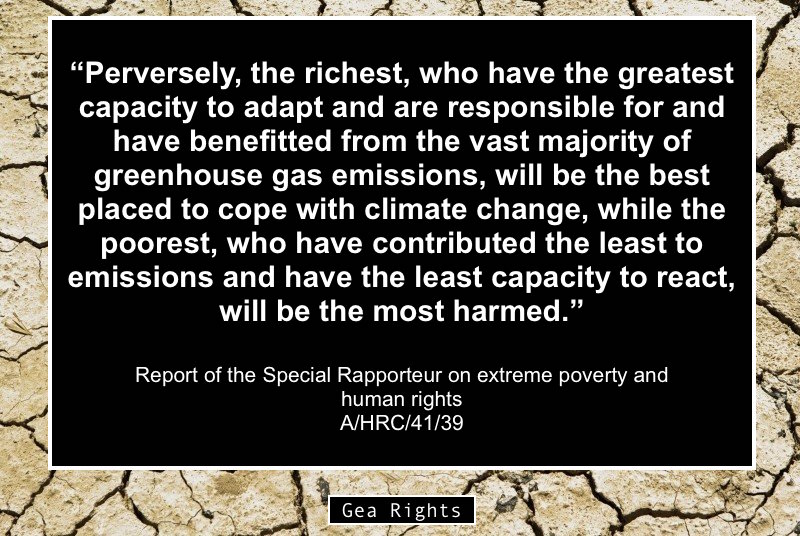
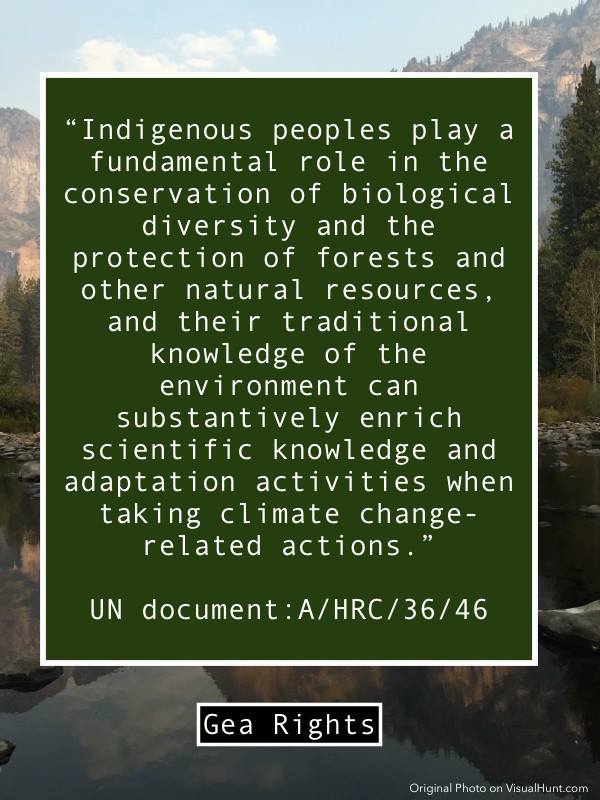
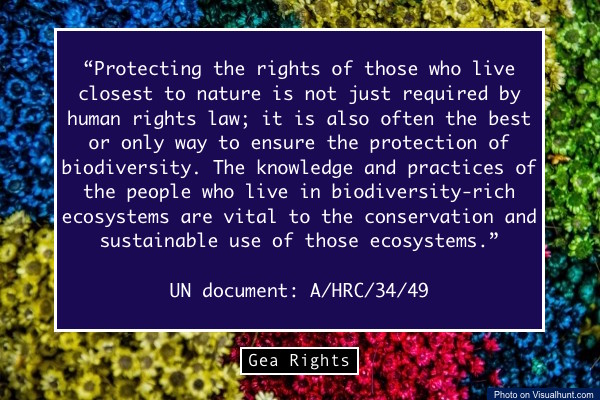
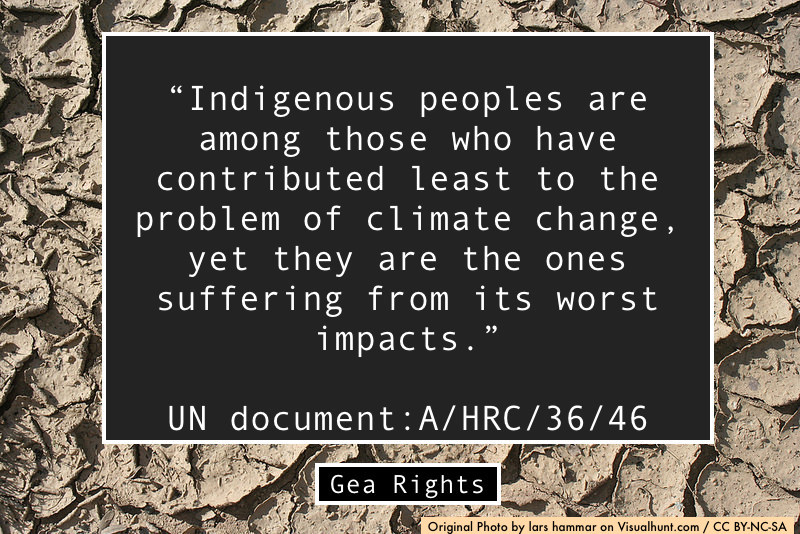
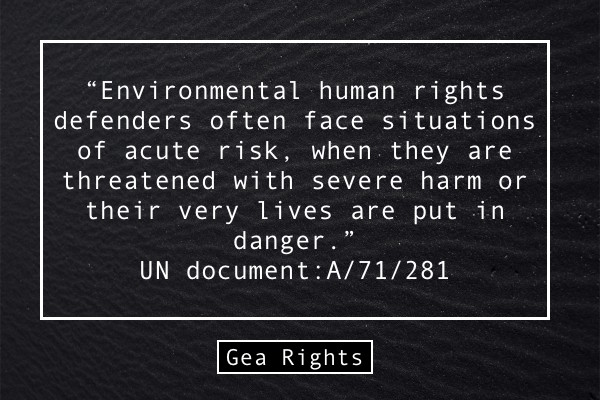
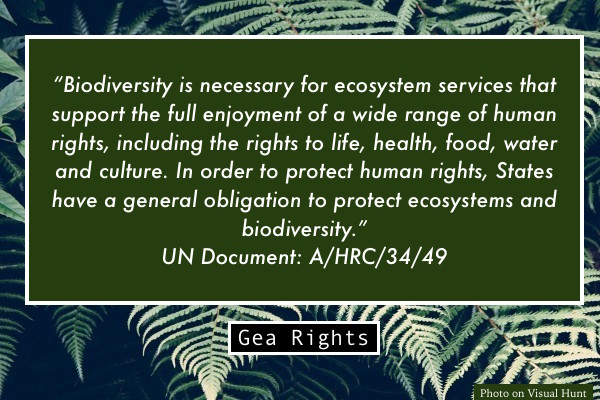
Leave a Reply